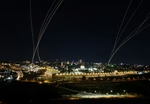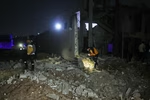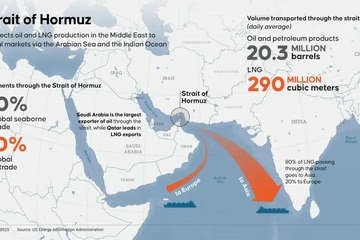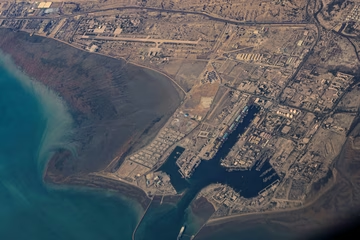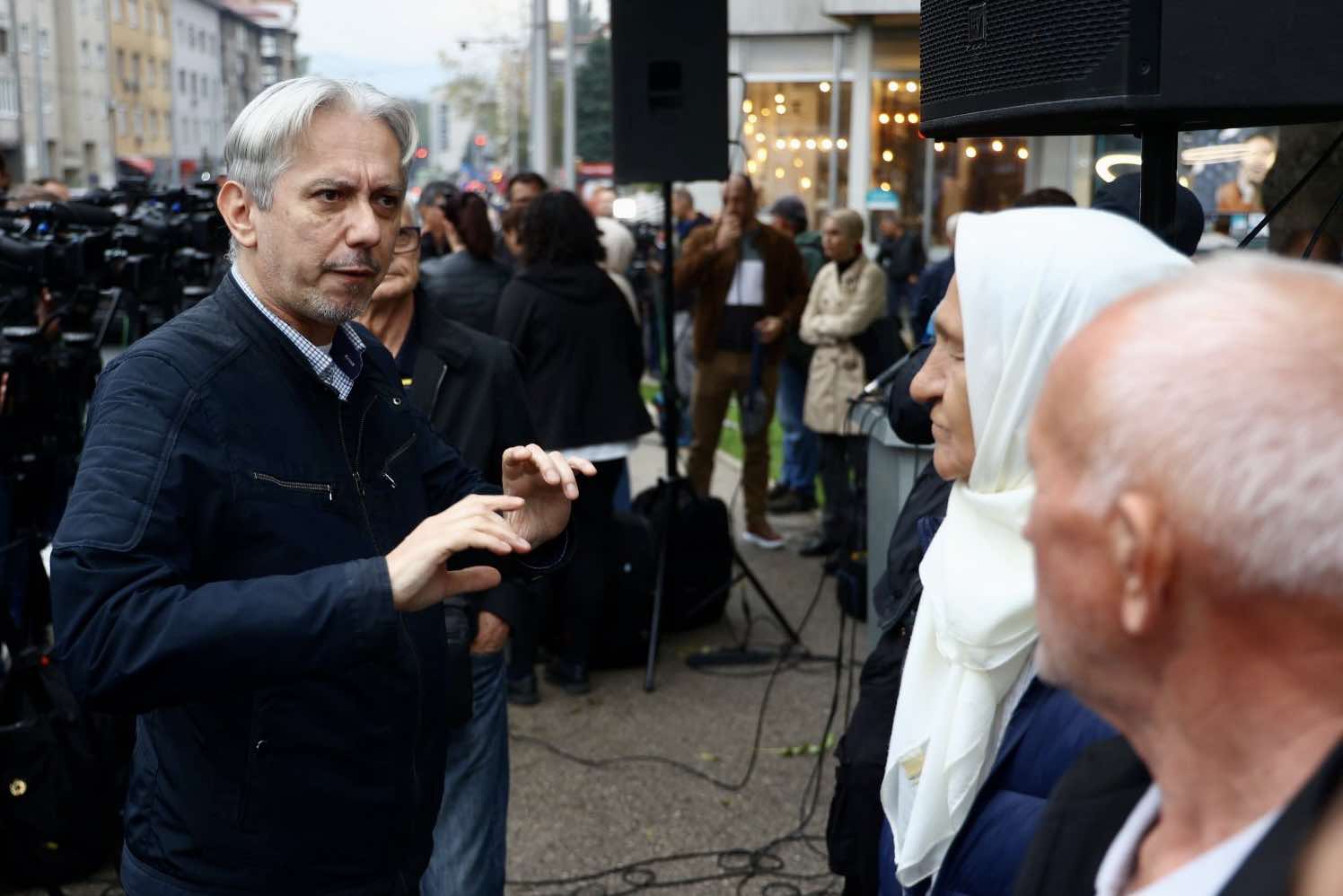
Protests have erupted in front of the Office of the High Representative (OHR) in Sarajevo, on Thursday, where hundreds of citizens gathered, demanding the removal of Christian Schmidt, the current High Representative in Bosnia and Herzegovina. The protests, organized by the Association of Independent Intellectuals "Krug 99," marks yet another public demonstration against Schmidt's controversial role in the case concerning electoral rights.
At the heart of the protest is Slaven Kovacevic, whose legal battle over electoral discrimination led to a landmark ruling by the European Court of Human Rights (ECHR). Addressing the crowd, Kovacevic expressed his dissatisfaction with Schmidt, whom he described as “the worst High Representative” Bosnia has had. Kovacevic, whose appeal resulted in a ruling that his active voting rights had been violated, stated, "When I see how many of you are here, it gives me additional strength to continue fighting for my verdict. Let them fire their shots—no one can scare me.”
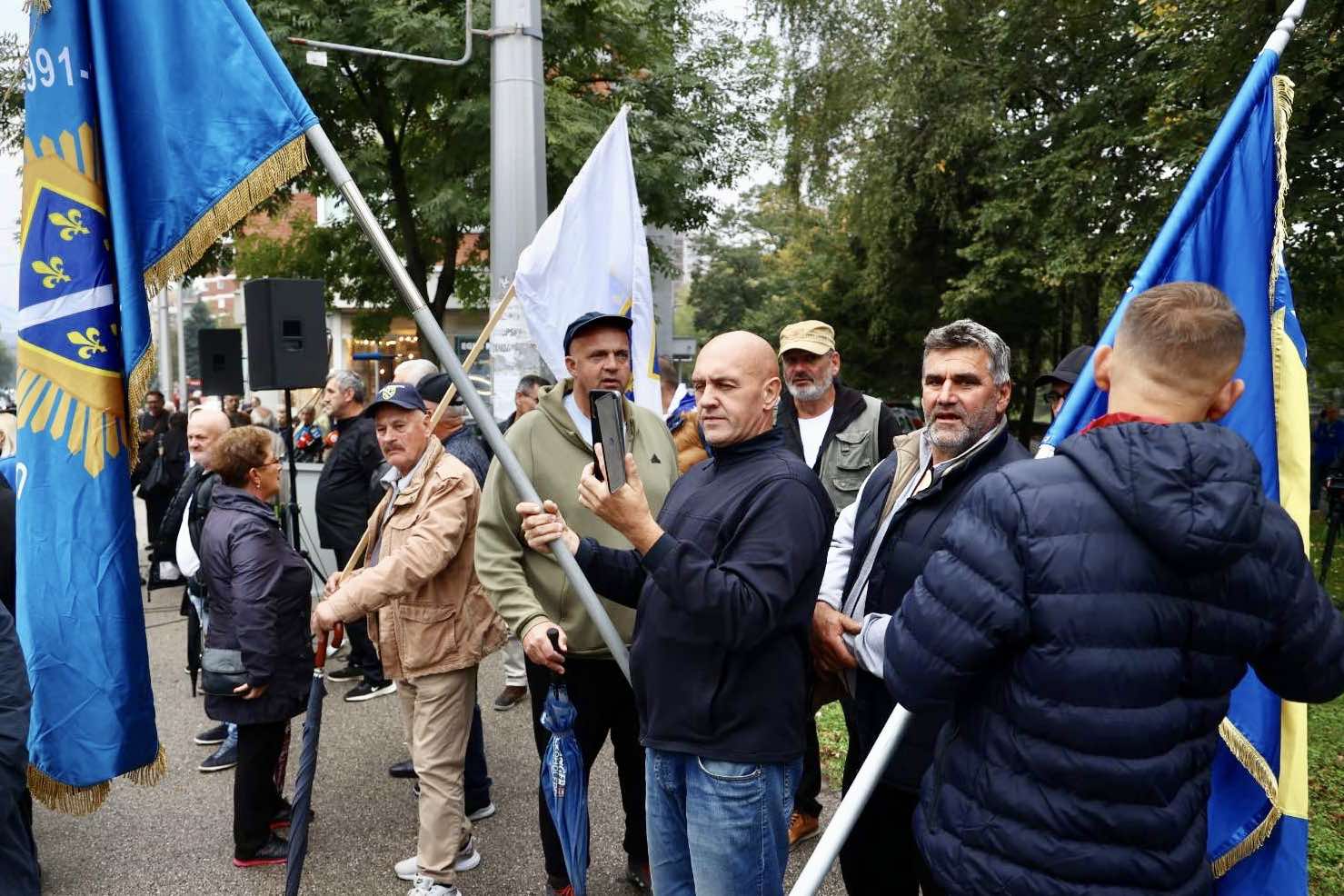
Kovacevic’s case, which highlighted the discrimination embedded in Bosnia and Herzegovina’s electoral system, has garnered widespread attention both domestically and internationally. His legal argument centered on the fact that, as a resident of the Federation of Bosnia and Herzegovina, he could only vote for Bosniak or Croat candidates for the Presidency, a limitation that the ECHR found to be discriminatory.
“The current system benefits the ruling political elites and maintains the ethnic divisions that have plagued our country for decades,” Kovacevic told the protesters. "With my appeal, I mean no harm to anyone. We have two visions in Bosnia and Herzegovina. One is ours, the civic vision, where we are all equal in both good and bad times. And then there is their vision, represented by people like Mr Schmidt, who, together with regressive policies, wants to create a country where there is no room for everyone," he added.
The core of the protest revolved around Schmidt’s involvement in the case, specifically his recent decision to address the ECHR as a third party in the proceedings. This move has sparked controversy, as it raises concerns over the impartiality of the High Representative, whose role is to ensure peace and stability in Bosnia.
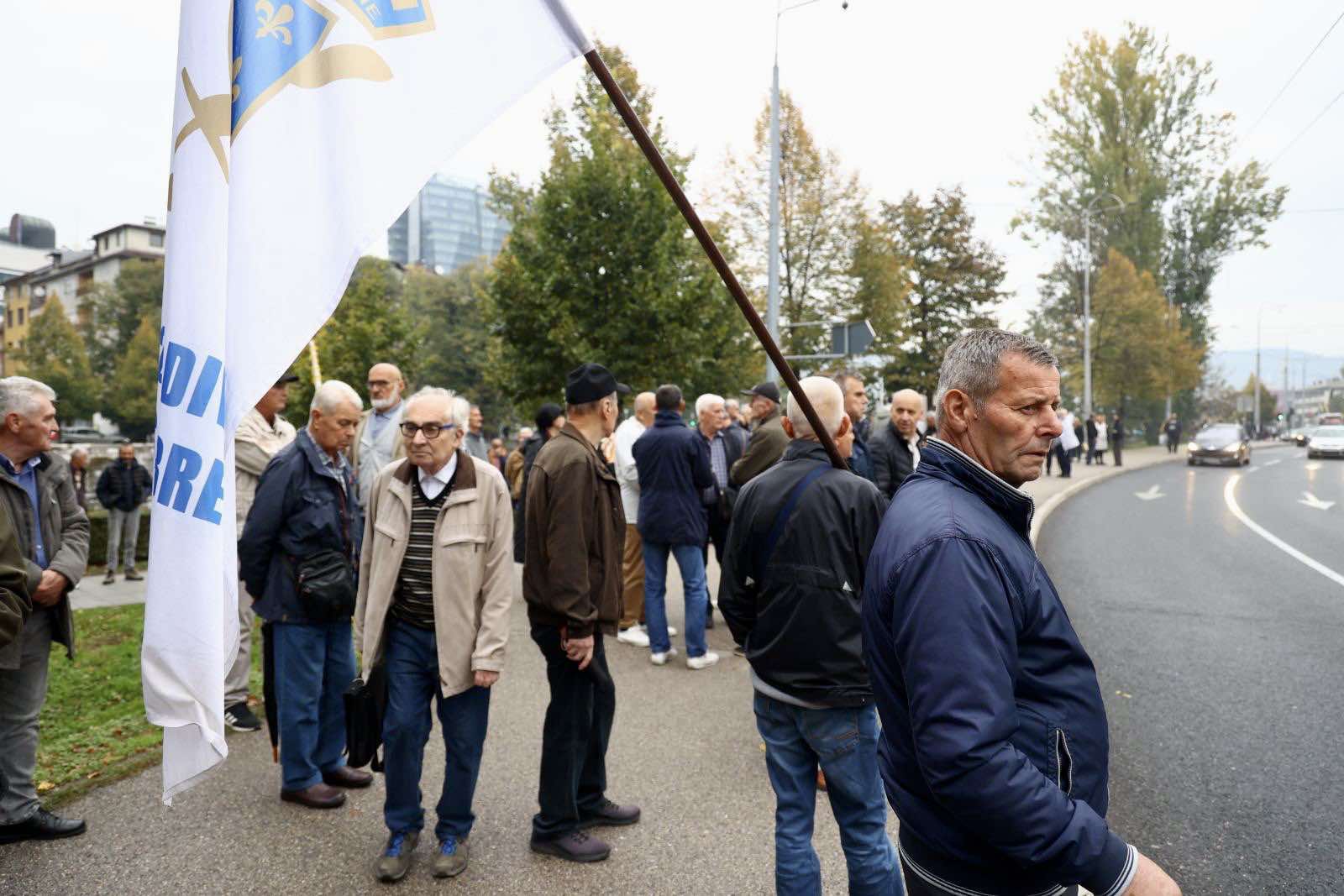
Kovacevic further emphasized, "This is the first time a High Representative has had multiple protests against him, and the first time the international community’s reputation in Bosnia has been so deeply tarnished. His actions have shown blatant bias. He is protecting systems that were built on genocide and joint criminal enterprises, and that is why I will go to Strasbourg.”
Protesters echoed Kovacevic’s sentiments, holding banners and signs calling for an end to Schmidt’s tenure. The protests also followed recent reports that Schmidt had been called to testify before the Grand Chamber of the ECHR regarding his involvement in the Kovacevic case, a move which has been criticized by figures such as Federica Woelk, an official from the European Parliament. She stated that Schmidt is "abusing his position and acting against the values the EU and the US promote in Bosnia and Herzegovina." This criticism adds to the growing dissatisfaction among many citizens who feel that Schmidt is undermining efforts to build a non-discriminatory, civic state.
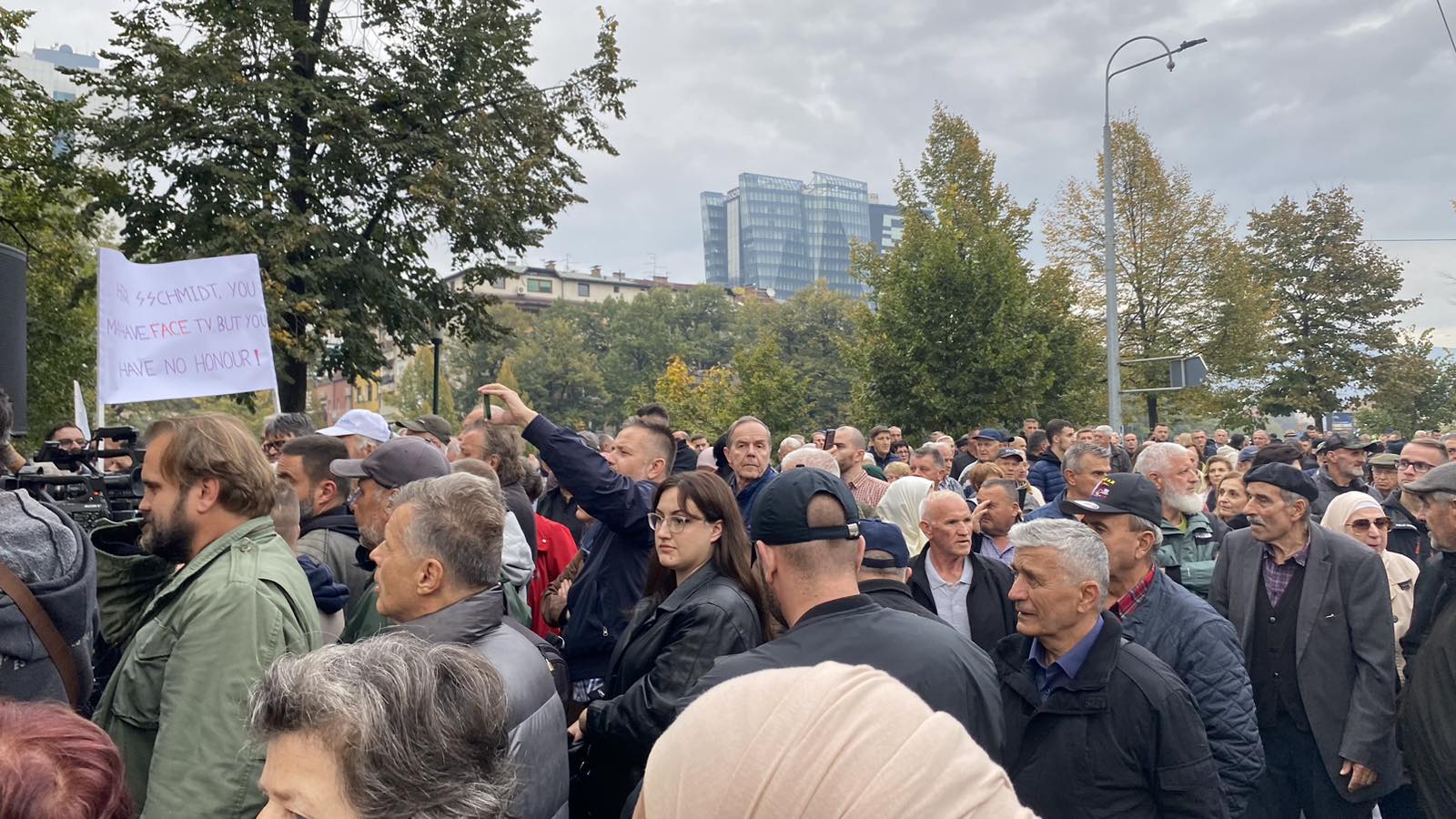
Political analysts and intellectuals have also voiced their concerns, pointing out that Schmidt's position on Bosnia's political landscape is skewed. Jasmin Mujanovic, a prominent political analyst, accused Schmidt of "explicitly violating his mandate" by addressing the ECHR and suggesting that Bosnia "is not ready for majority rule." According to Mujanovic, Schmidt implied that a democratic constitution, which would ensure equal rights for all citizens, would destabilize the country, further entrenching power-sharing mechanisms that favor the current political elite.
Kovacevic, visibly determined during the protest, posed two direct questions to Schmidt: "Are you ashamed to sit in an office just 500 meters from the Vraca Memorial Park, where 11,000 Sarajevo citizens lie, killed during the Second World War by an ideology you seem to bow to? Are you ashamed of the 11,000 killed Sarajevans during the siege in the 1990s, by an ideology you now seem to protect?"
The event has drawn additional attention following the announcement from the ECHR that it would reconsider the "Kovacevic vs. BiH" ruling after a request from the Council of Ministers of Bosnia and Herzegovina. While the original ruling determined that Kovacevic’s rights had been violated, the Bosnian government, on October 5 last year, requested a review of the decision.
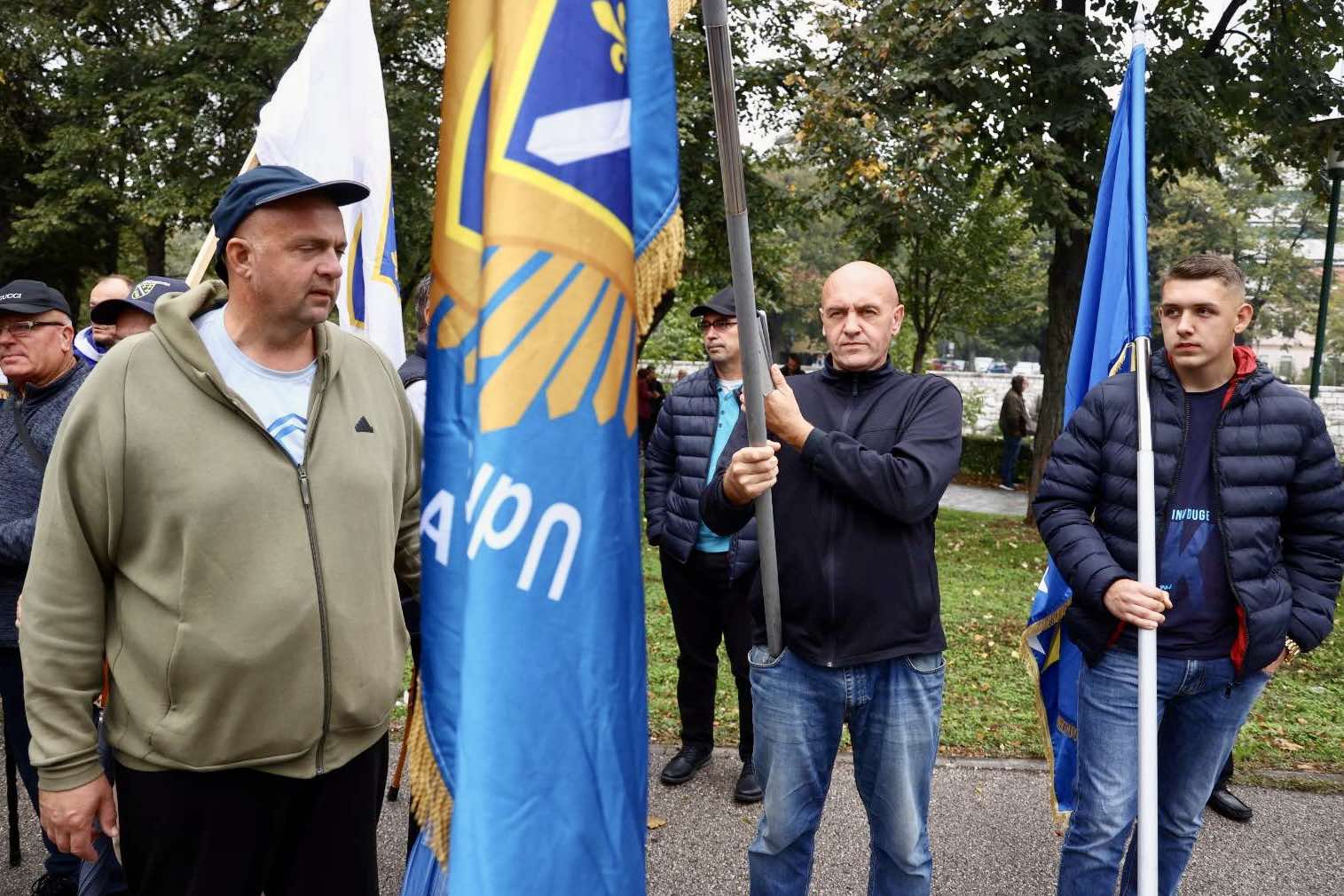
Federica Woelk, among others, has criticized Schmidt’s involvement in this review, stating that he has no legal mandate to intervene in individual disputes, particularly those concerning fundamental electoral rights. The association "Krug 99" echoed this sentiment, highlighting the lack of transparency in Schmidt’s actions and questioning who authorized his appearance before the ECHR.
The Association of Independent Intellectuals has maintained that their protests are aimed at securing a non-discriminatory future for Bosnia and Herzegovina, a sentiment also voiced by figures such as Azra Zornic, whose legal battle led to another landmark ruling on electoral discrimination by the ECHR. Zornic called on all "free-thinking intellectuals" to join the cause and fight for Bosnia's democratic future.
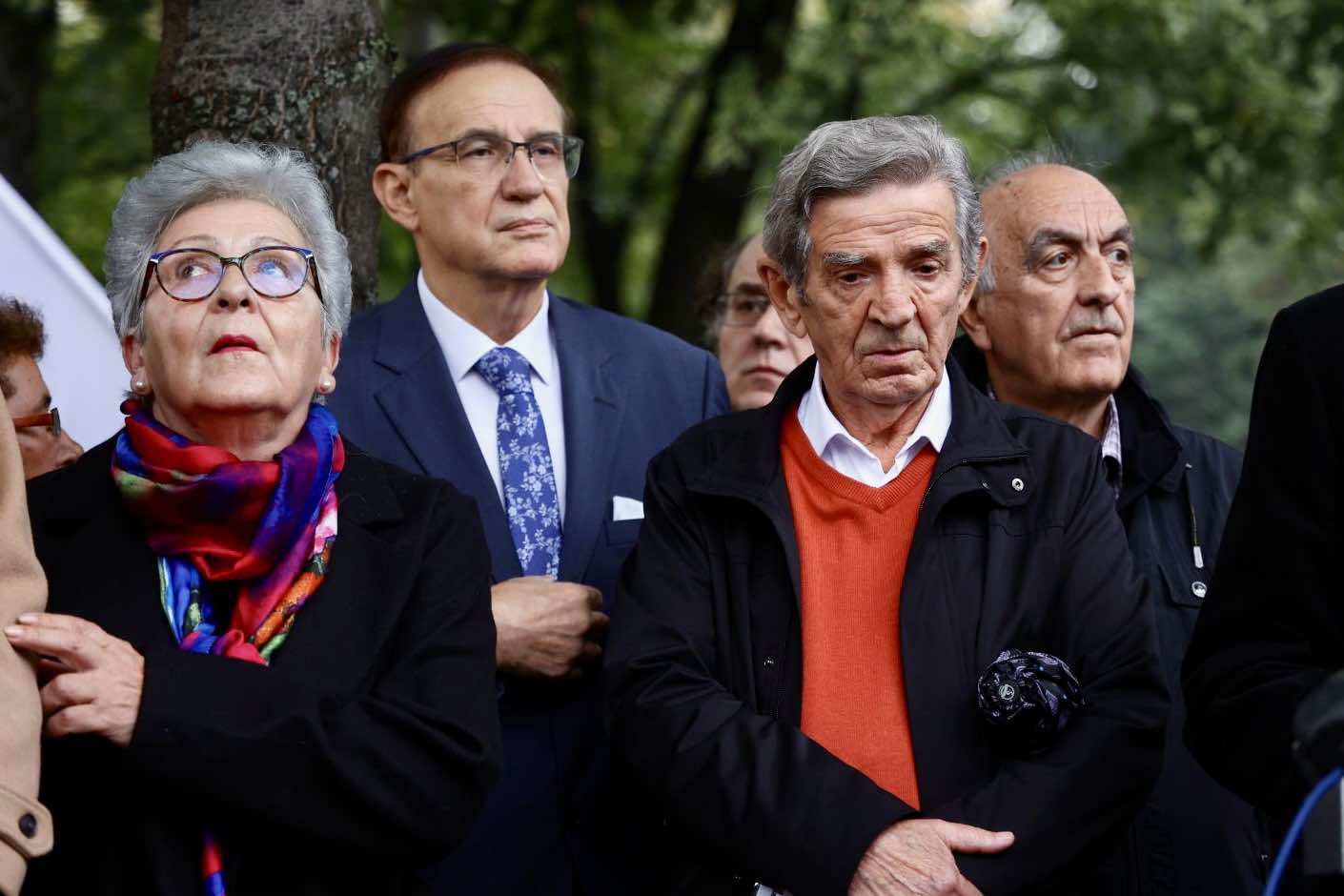
With public dissatisfaction mounting, today's protest serves as a stark reminder of the challenges Bosnia and Herzegovina still faces in achieving true democracy and equal rights for all its citizens.
Kakvo je tvoje mišljenje o ovome?
Učestvuj u diskusiji ili pročitaj komentare





 Srbija
Srbija
 Hrvatska
Hrvatska
 Slovenija
Slovenija









